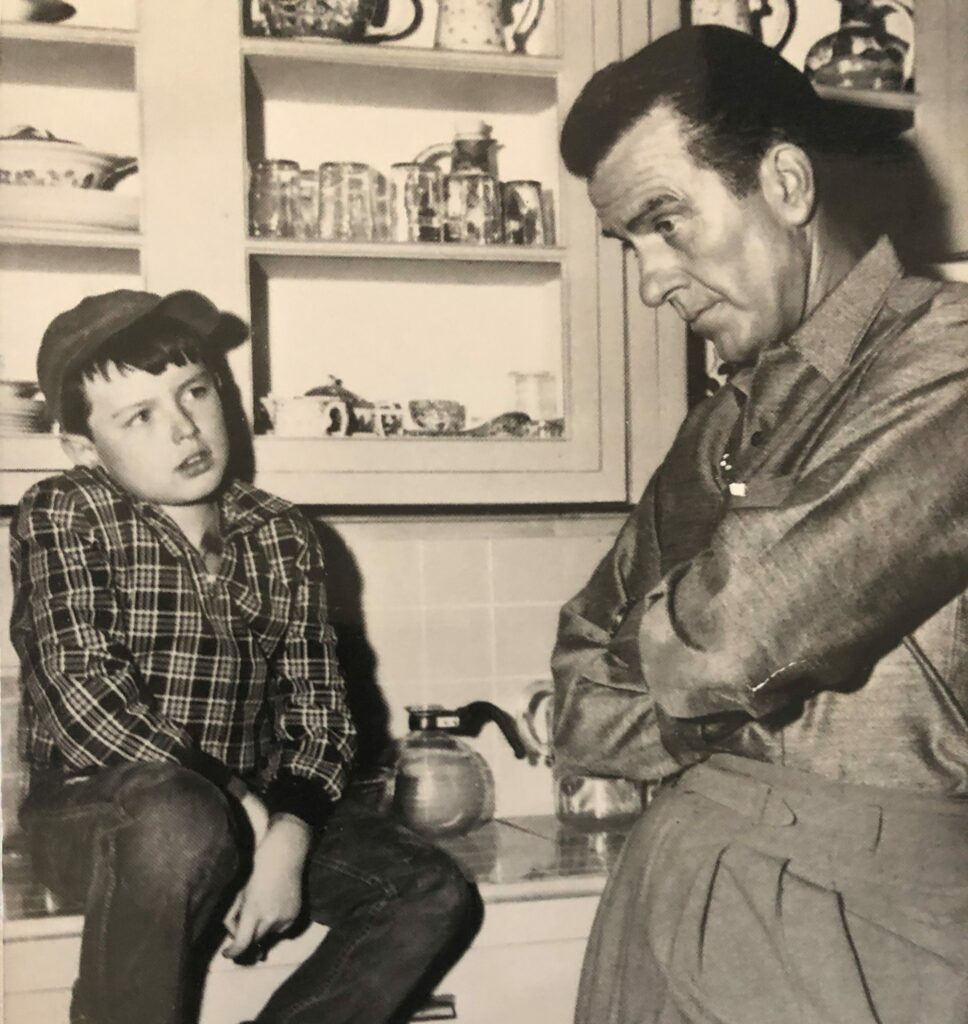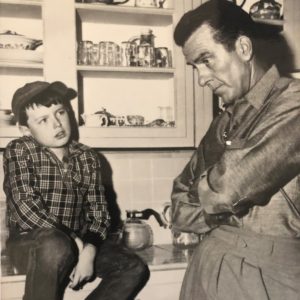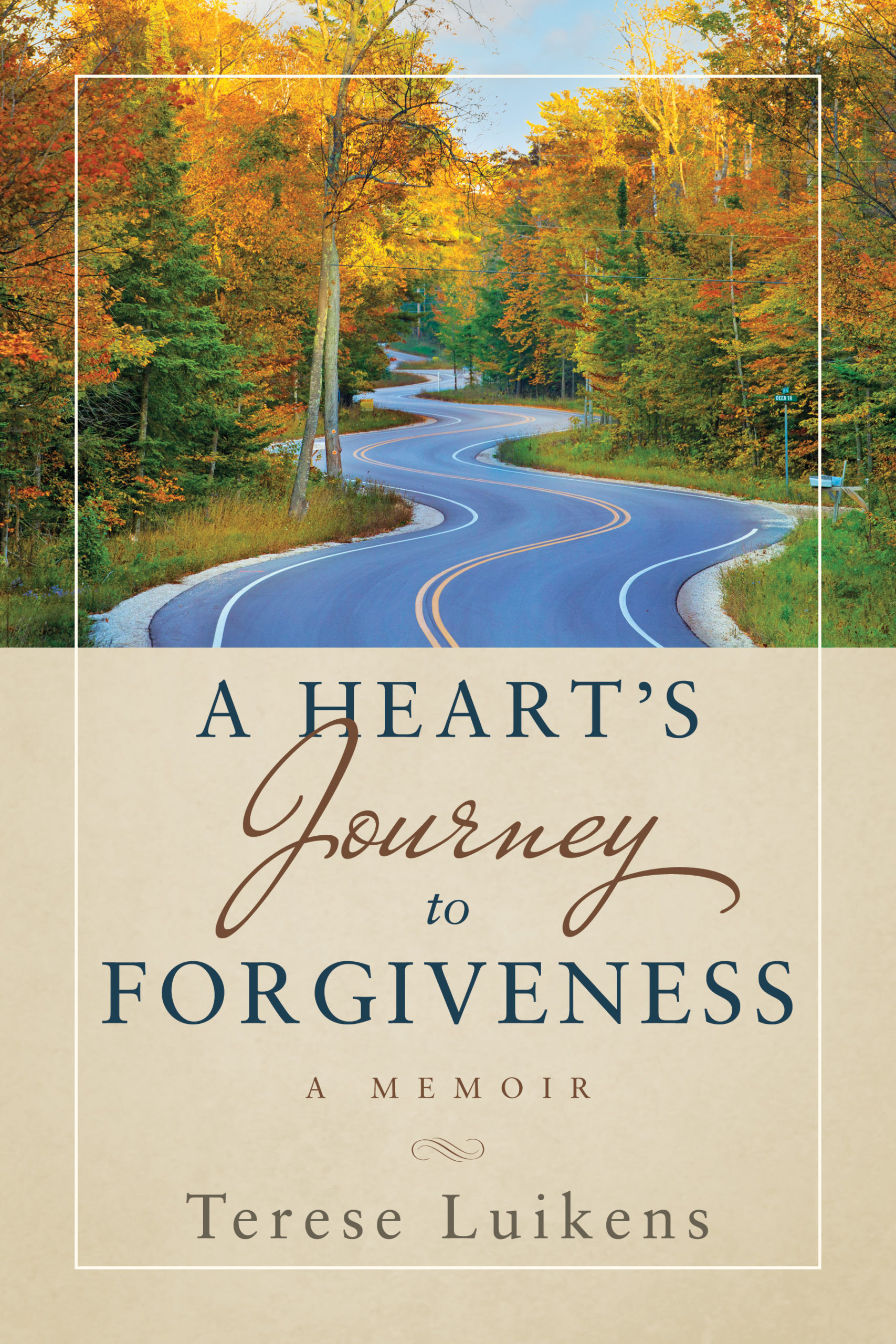
Why Bother Exploring our Shame?

Why Bother Exploring Shame?
A few times in my childhood, I remember being reprimanded with these words, “You should be ashamed of yourself.” This expression made me feel small and at the same time, a little bewildered. I was never quite sure what exactly I had failed at doing. I understood that I’d disappointed the adult who’d called me to stand before them and take the scolding. Yet, whatever I’d done wrong was never explained. Shaming me resolved nothing. Instead, it only made me feel discombobulated on my insides.
What Exactly is Shame?
Shame is one of the more elusive emotions and for me. While anger generates much energy and eventually reveals itself, shame seems to simmer for a long time. Whereas sadness depletes physical and emotional reserves over time, we can live our entire lives without noting the effects of shame. It is almost like a hidden virus that we learn to live with and make accommodations and excuses for it.
Though I identified anger, sadness and confusion when my father ended his life, recognizing and facing my shame took much longer.
Suicide was never a topic I could discuss with my mother, ever. It wasn’t something she could talk about most likely because it was too hard for her to believe. Growing up and eventually moving away from home, the unresolved and conflicting feeling of shame came with me.
Shortly after my husband and I were married, we made friends with another couple. In the course of our friendship, my backstory about my father’s suicide surfaced in causual conversation around dinner one evening. With the gentleness of a wise old sage our friend said to me, “You know it wasn’t your fault.” I’d never heard those words before, and I asked him to explain what he meant. He went on to say that my dad had made a choice and that I was not responsible for the choice he made.
Though it was not instantaneous healing, those words were helpful to my journey toward my mental wellness. I had not been conscious of how I’d blamed myself for my father’s death. It had seemed simpler and easier to find fault in myself rather than to take a closer look at my father.
I was thirteen at the time of my father’s death and innocent of being the cause of his action. I was not the one who tied the noose, instead, I was one of the people he left behind. It almost felt too harsh to say that I’d had nothing to do with his decision, but it was the truth. Feeling like I was somehow to blame would have to go by the wayside, because I could no longer take the blame.
Why bother exploring shame? We will most likely need help uncovering our hidden shame, but once we do, we will no longer feel smaller than we should.
New Release
